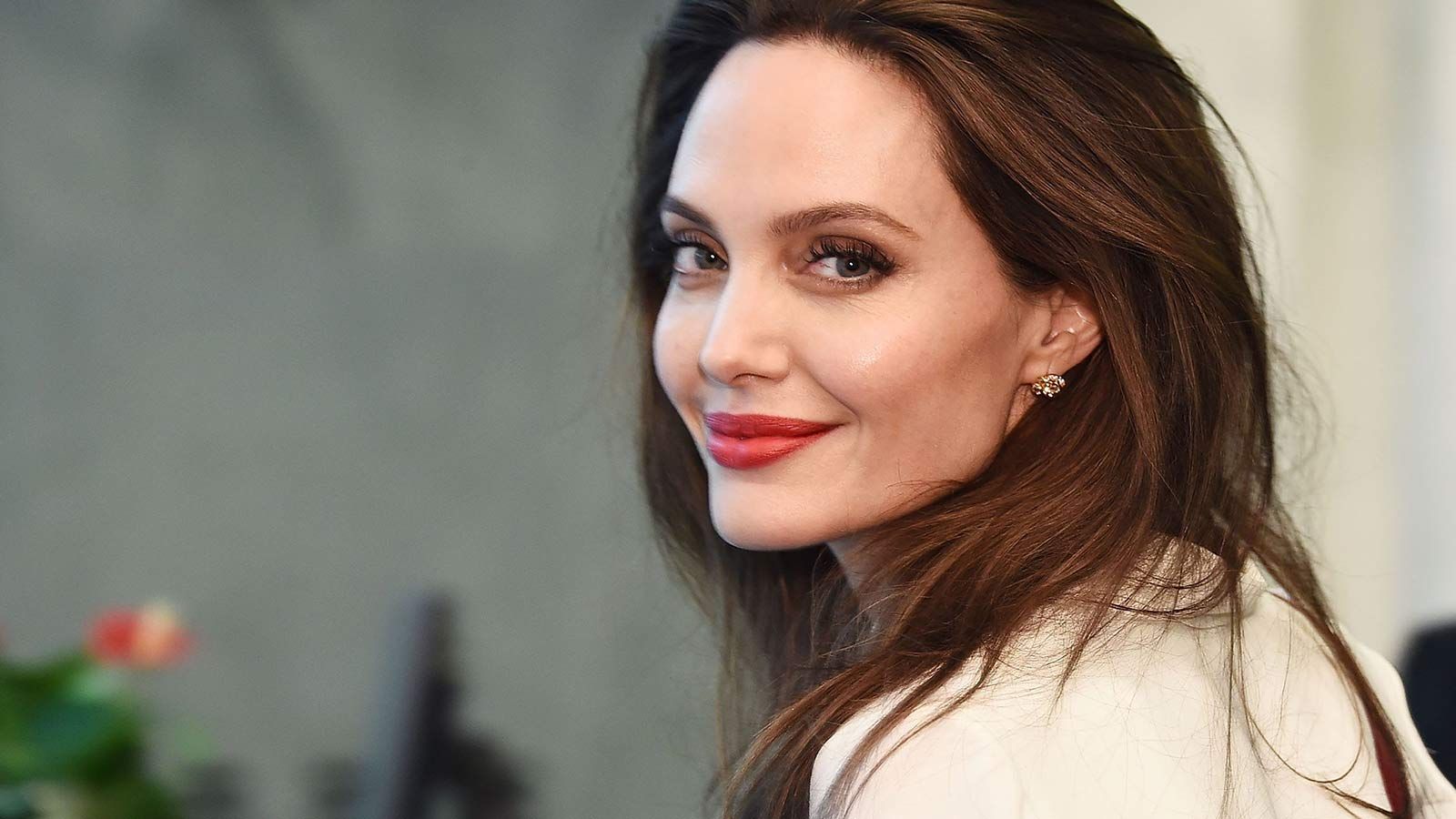Reality television is everywhere. Turn on your TV any night of the week and you'll find women competing for love on The Bachelor, battling the elements on Survivor, getting critiqued by judges on America's Next Top Model, or navigating drama on The Real Housewives. These shows are massively popular—40% of Americans watch reality TV regularly, with women aged 18-34 making up the primary demographic.
We tell ourselves it's harmless entertainment. Just something fun to watch after a long day at work. But if we look more closely at what reality shows actually show, we'll see that their messages aren't as innocent as they seem.
The uncomfortable truth? Reality TV perpetuates harmful stereotypes about women—and we've become so used to seeing them that we barely notice anymore.
Why Reality TV's Portrayal of Women Matters
Before you dismiss this as overthinking entertainment, consider this: Psychologists confirm that we learn behavior through our experiences and the images we encounter in everyday life. For millions of young people, reality TV has become part of that everyday experience.
Research published in Frontiers in Sociology found that reality dating shows like Love Island perpetuate sexist attitudes toward women by presenting female contestants as overly emotional, irrational, and defined primarily by their desirability to men. Another study in Politics, Groups, and Identities determined that television "has the potential to be used to increase political tolerance, and eliminate racism, sexism, and heterosexism"—but only when it chooses to do so.
The problem? Most reality TV is choosing to do the opposite.
The Stereotypes Reality TV Perpetuates About Women
1. Women as Objects of Desire (and Nothing More)
According to the prevailing standards in reality television, women must be "hot, always well-groomed, an object of desire." Their beauty and charm are positioned as the primary—often only—elements that will help them succeed.
In fashion reality shows like America's Next Top Model or Project Runway, women are treated as objects to be critiqued and judged. Judges comment on contestants' appearances as if they're not even present in the room, anxiously waiting for verdicts. We're told the fashion world is "tough," but how is it different from other professions? Why is degrading treatment considered acceptable here when it wouldn't be tolerated in a corporate boardroom?
In dating shows like The Bachelor or Love Island, contestants are always perfectly groomed with flawless hair and makeup, projecting an image that's impossibly far from reality. Research shows that these programs reinforce a false idea: that a woman's primary value lies in her physical appearance and her ability to attract male attention.
This objectification teaches young viewers that women's worth is primarily visual—a message that has real-world consequences for how women are perceived and treated in professional and personal contexts.
2. Women as Weak and Emotional (The "Hysterical" Stereotype)
In survival and competition shows like Survivor, women are often portrayed as the weakest players from the start. They're assumed to be fragile, unable to withstand pressure, and likely to crack under stress. Male contestants often prefer them as opponents because they're viewed as easier to beat.
Yes, men and women have different average physical capabilities. But why does the devaluation exist from the beginning? Why is beauty positioned as a woman's only viable path to victory, rather than strength, strategy, or intelligence?
Studies on shows like Love Island reveal how female contestants' emotions are deliberately manipulated and exploited to attract viewers. Women are shown crying, fighting, or being "paranoid" about relationships—and these moments are presented as entertainment rather than as human experiences. This "money shot" editing, as researchers call it, reinforces outdated stereotypes about women's emotional instability and irrationality.
The consequence? When women in real life express legitimate concerns or emotions, they risk being labeled as "crazy," "dramatic," or "too emotional"—dismissals that have their roots in these persistent stereotypes.
3. Women in Competition (With Each Other, Always)
One of the most insidious patterns in reality TV is how women are constantly pitted against each other—for men's affection, for judges' approval, for social dominance, for survival.
The Bachelor franchise literally structures itself around 25-30 women competing for one man's attention. The Real Housewives thrives on female conflict and drama. Even professional competition shows like Project Runway amplify tensions between female contestants to create "compelling" television.
Research published on women's portrayal in reality TV notes that these shows teach young viewers—especially young women—that other women are their competition, not their allies. This perpetuates internalized misogyny: the belief that women can't trust each other, that female friendships are inherently drama-filled, and that women must compete for male approval and validation.
The real-world impact? Women who grow up consuming this media often struggle to build supportive female friendships and professional networks, believing competition rather than collaboration is the natural state of women's relationships.
The Specific Problems with Different Types of Reality Shows
Dating Shows: Distorted Images of Love and Relationships
Shows like The Bachelor, Love Is Blind, Too Hot to Handle, and Married at First Sight claim to help people find "true love." In reality, they present a deeply distorted vision of relationships where:
- Women must compete for male attention rather than being recognized as worthy partners in their own right
- Physical appearance is paramount - contestants are always camera-ready, reinforcing impossible beauty standards
- Emotional vulnerability is exploited for drama and ratings rather than treated with respect
- Traditional gender roles are reinforced - men as choosers, women as chosen
A 2021 study analyzing Love Island found that the show demonstrates a sexual double standard: male contestants are celebrated for sexual prowess, while female contestants are shamed and deemed "unruly" for the same behavior. Women who are confident about their sexuality are labeled as "too much" or problematic.
Competition Shows: Women Judged More Harshly
On competition reality shows—from Survivor to The Amazing Race to Hell's Kitchen—research shows that women face different standards than men:
- Strong women are labeled as "aggressive" or "mean" while men displaying identical behavior are called "assertive" or "strategic"
- Women's competence is questioned more frequently
- Physical challenges emphasize perceived female weakness rather than different types of strength
- Women who display ambition are often edited to appear villainous
The Representation Problem Gets Worse for Women of Color
The stereotyping in reality TV is compounded for Black women, Latina women, and Asian American women, who face both gender-based and race-based stereotypes.

Research shows that Black women in particular are often portrayed through the "angry Black woman" stereotype—shown as aggressive, irrational, and confrontational. According to Pacific Standard Magazine, when Black women appear on dating shows, they're often tokenized—included to meet a diversity quota rather than given genuine opportunities.
A study analyzing The Bachelor found that in over 22 seasons, representation of women of color was severely limited, with some seasons featuring only one or two non-white contestants among 25-30 participants.
Why We Keep Watching (And Why That's Complicated)
If reality TV is so problematic, why do so many smart, feminist women—myself included—watch it?
The answer is complicated. As University of Michigan researcher Enrica Bridgewater explains, "People who want equality for women can watch reality TV. You can dissect the things you like and the things you think are problematic."
Reality TV can be a guilty pleasure, a form of escapism, a way to decompress after work. The issue isn't individual viewers—it's the systemic patterns these shows create and reinforce.
You can watch reality TV and be a feminist. But we need to watch critically, recognizing the harmful tropes and calling them out rather than accepting them as normal.
The Dangerous Normalization
The worst part isn't that these stereotypes exist—it's that we see them so often that we consider them normal.
When judges on fashion shows treat models with disgrace, we think "well, the fashion industry is tough." When dating show contestants are shown crying and fighting over a man, we think "well, that's just good drama." When women on competition shows are eliminated first, we think "well, women are physically weaker."
We've normalized the dehumanization.
And this normalization has consequences. When children and teenagers watch these shows—and they do—they internalize these messages about how women are and should be. Young men learn that the patriarchy's lessons are correct. Young women learn that finding a successful man and being traditionally beautiful are their highest aspirations.
Where the Responsibility Lies
It's tempting to blame the contestants, the producers, or the networks. But the reality is more complex.
Television is a microcosm of society. If society allows the reproduction of these stereotypes, it's not just television that's perpetuating them—it's all of us.
- Producers have a responsibility to create content that doesn't harm marginalized groups
- Networks have a responsibility to prioritize ethical programming over pure ratings
- Viewers have a responsibility to consume critically and demand better
- Advertisers have responsibility for what they financially support
- Society has a collective responsibility to reject sexist stereotypes wherever they appear
What We Can Do About It
So what's the solution? Should we boycott reality TV entirely?
Not necessarily. But here's what we can do:
1. Watch Critically. Notice when stereotypes appear. Question why women are portrayed certain ways. Call it out in conversations with friends and family.
2. Demand Better. Support shows that present complex, multidimensional women. Use social media to praise good representation and criticize harmful portrayals.
3. Educate Young Viewers. If children in your life watch reality TV, talk with them about what they're seeing. Help them develop critical thinking skills about media representation.
4. Choose Our Entertainment Thoughtfully. We vote with our viewership. When shows treat women with respect and complexity, watch them. When they don't, turn them off.
5. Create Counter-Narratives. Share stories and content that show the real diversity and complexity of women's experiences.
Reality TV isn't going to change until we change. Until we stop accepting these stereotypes as entertainment. Until we stop laughing at sexist "humor." Until we demand that women on our screens be treated with the same respect, complexity, and humanity as men.
Television reflects society—but it also shapes it. The images we consume influence how we see ourselves and others. When we allow women to be degraded, objectified, and stereotyped on reality TV, we're allowing those same attitudes to persist in boardrooms, classrooms, and our daily lives.
The next time you see a woman being treated poorly on a reality show, don't just accept it as entertainment. Recognize it for what it is: the reinforcement of harmful stereotypes that have real consequences for real women.
We all have a responsibility here. The question is: what will we do with it?
 THE WORKING GAL
THE WORKING GAL





